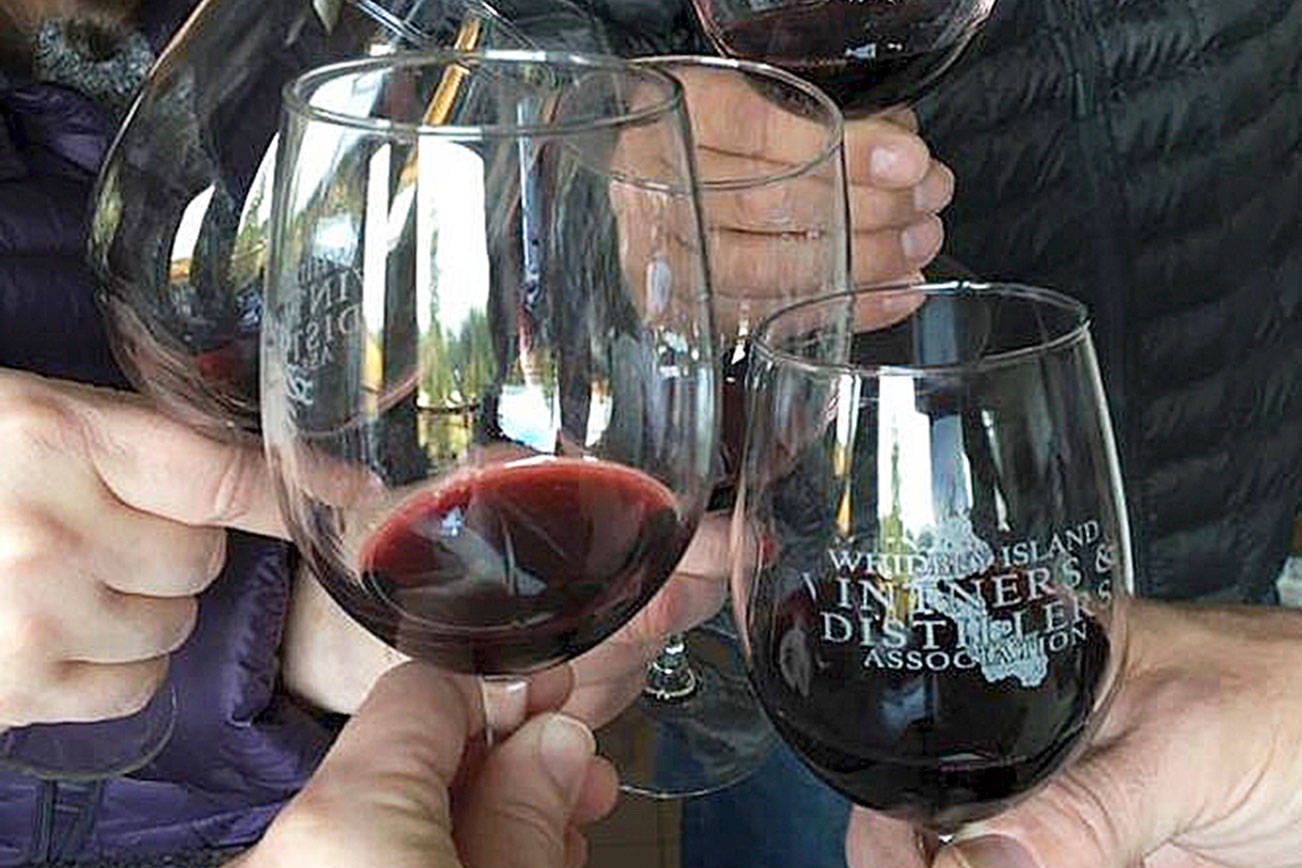Island County is looking for input on draft regulatory updates to code focused on special events and wineries, distilleries, breweries and cideries in rural areas.
Last week, county staff presented draft rules to the planning commission that provide clear definitions for wineries and similar businesses, separate event regulations from other zoning uses, establish different regulations for one-time events and recurring events, and develop scalable codes based on intensity and impact of uses.
“We’re taking public comment that we receive and utilizing that public comment to help inform adjustments to the code over the next few months,” said Beverly Mesa-Zendt, assistant planning director.
There will be another opportunity to provide input at the planning commission’s meeting on Monday, Feb. 26.
One of the main goals with the update is to find a balance between economic development and the impact to the county’s rural character, Mesa-Zendt said. Other goals include to “allow the opportunity for visitors to experience wineries in a rural setting as part of the overall island experience,” allow wineries and tasting rooms to be in centralized locations, encourage agritourism and “allow for scenic locations on the island to serve as event venues and provide mitigation for impacts to surrounding properties,” according to the draft.
One condition drafted would be that wineries, breweries, cideries and distilleries proposed in a commercial agricultural or rural agricultural zone may be required to have an increased buffer if a residential structure is within 100 feet of the property line.
Mike Holota of Langley expressed concern for people who live nearby these types of businesses.
“No one has an issue with wineries at all,” he said at the meeting. “It’s the events that happen at wineries.”
He said in the summer when windows and doors are open, it would be impossible to stop the sound from carrying.
Rita Comfort, one of the owners of the winery Comforts of Whidbey, said businesses like hers aren’t sustainable without events.
“It’s really important that the county realizes that our businesses and what we’re trying to do here will bring business and bring young people back, which is what we really need in the county,” said Comfort. “It’s not just a retirement community; we need to have some vitality.”
Scott Stallman, whose family owns Mutiny Bay Distillery, said he looked forward to working with the planning department on the regulations because some of the drafted code was “in direct conflict” with the current site and plans the business has.
Currently permitted businesses of this type would not have to follow these regulations, they would only apply to new ones that come in, said Mesa-Zendt.
The draft update is meant to fill gaps in code related to temporary events, she said. This includes new definitions for event use, special event and rural commercial event use. The rural commercial event code is new, and what Mesa-Zendt called “the middle ground we don’t have.” It allows for “events occurring at a specific site three or more times a year where there may be direct or indirect compensation to the property owner to include concerts (with or without amplified sound), weddings, and advertised events.”
Penelope Bourk of Clinton spoke at the meeting about a large camping concert event that was permitted near her residential area. She said the temporary event permit the group received would have allowed up to 500 people to attend the event.
“As I look at the rules as changed, there is nothing in there that would protect our neighborhood or other neighborhoods in this area from such an event springing up,” she said.
The draft will continue to be updated to reflect concerns brought forward, said Mesa-Zendt. There will be workshops held with stakeholders in addition to the public hearing on Feb. 26. Home industries will be reviewed at the planning commission meeting as well.
“The draft code still needs a lot of refinement,” she said. “We’re looking for a lot of public comment to help guide that refinement.”
The draft regulations can be found on the planning commission’s website.



